Parts of it were very good but so much full of self pity or focused on needless details. Sort of hard to get through. He had a kind of harsh loveless childhood. Probably why he married 5 times. I still like most of his films. He did have a genius.
Parts of it were very good but so much full of self pity or focused on needless details. Sort of hard to get through. He had a kind of harsh loveless childhood. Probably why he married 5 times. I still like most of his films. He did have a genius.
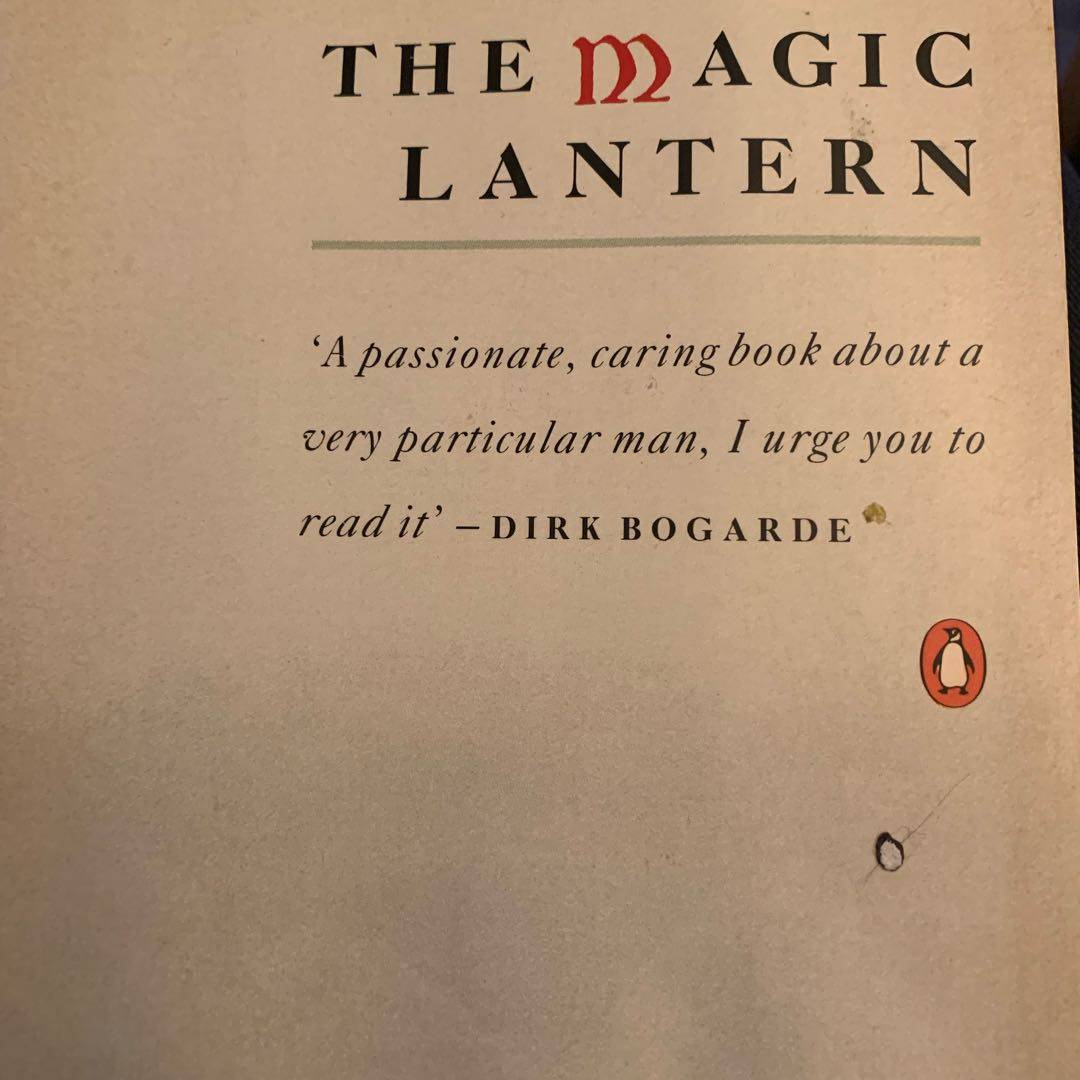
I began a memoir from a great Swedish director. Looks like his childhood was kind of rough.
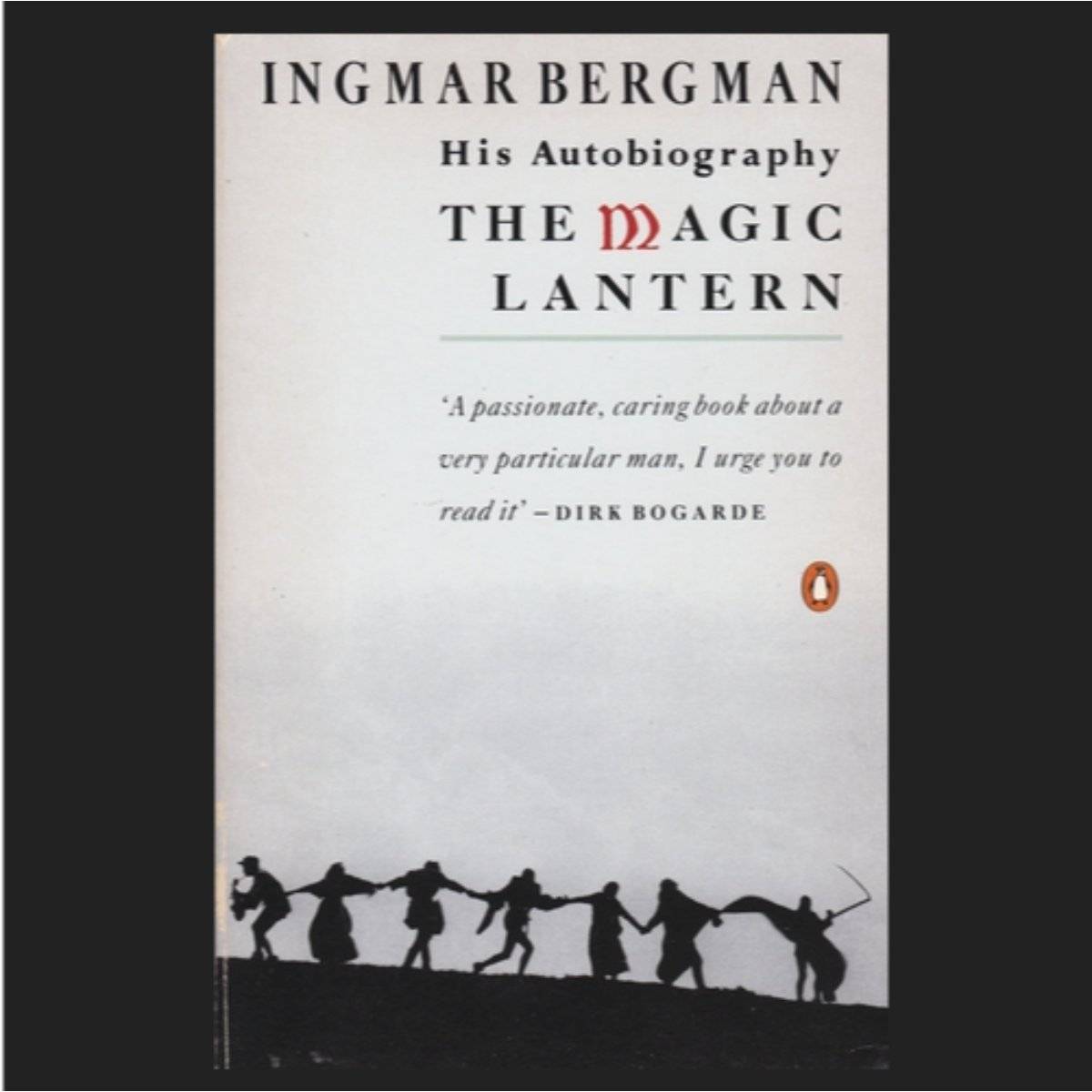
Like his films, Bergman's memoir dokuments the varieties of human life in an artistically honest way, even the elements we typically avoid or don't acknowledge.
Having closed the book a few minutes ago, my overwhelming feeling is of a warm kinship with young Ingmar. In a different time and place, I think I would have been the best of friends with him. ⬇
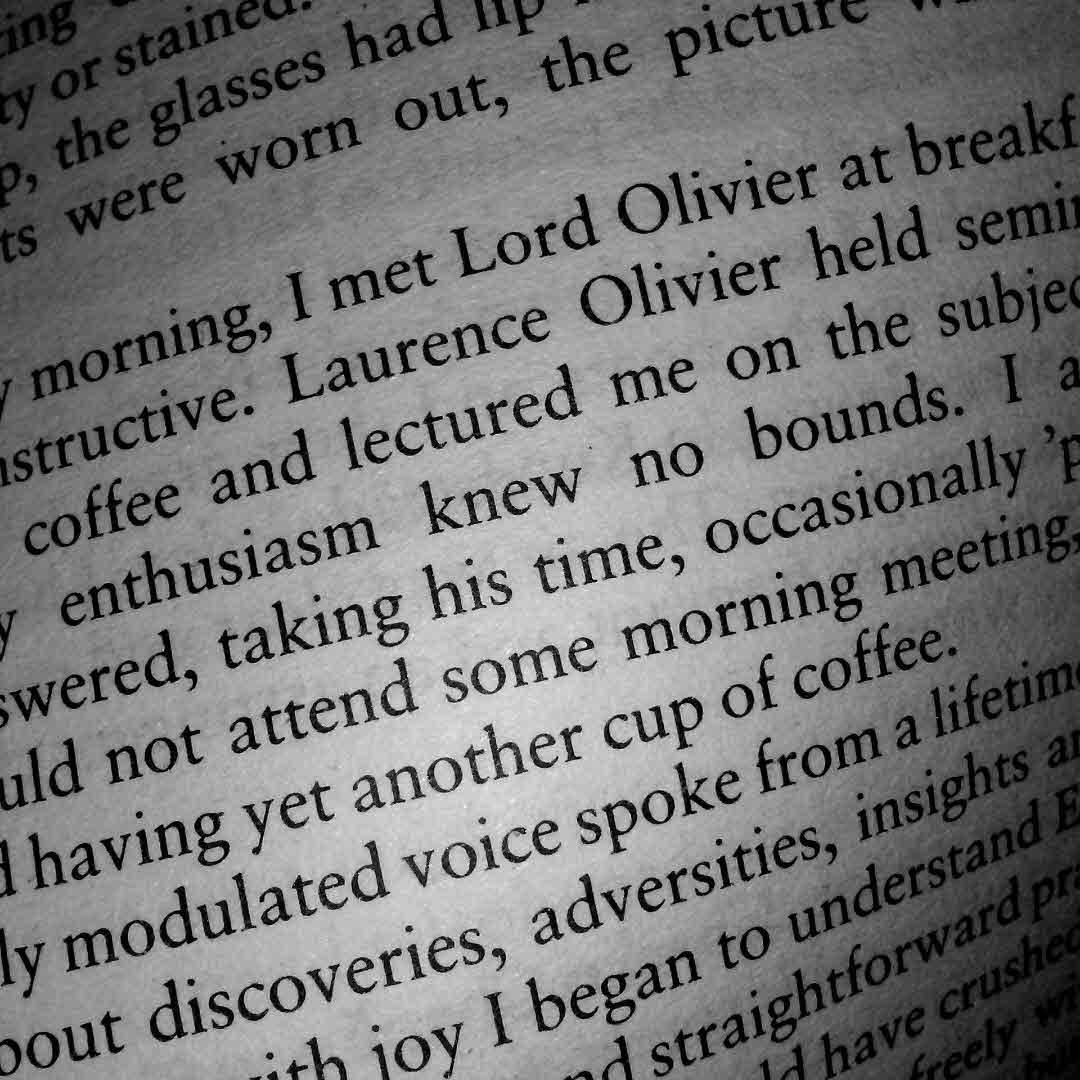
I didn't know my favourite director and favourite actor crossed paths!
'Practically every morning, I met Lord Olivier at breakfast. For me, it was instructive. [He] held seminars over our cups of coffee and lectured me on the subject of Shakespeare. My enthusiasm knew no bounds. ⬇
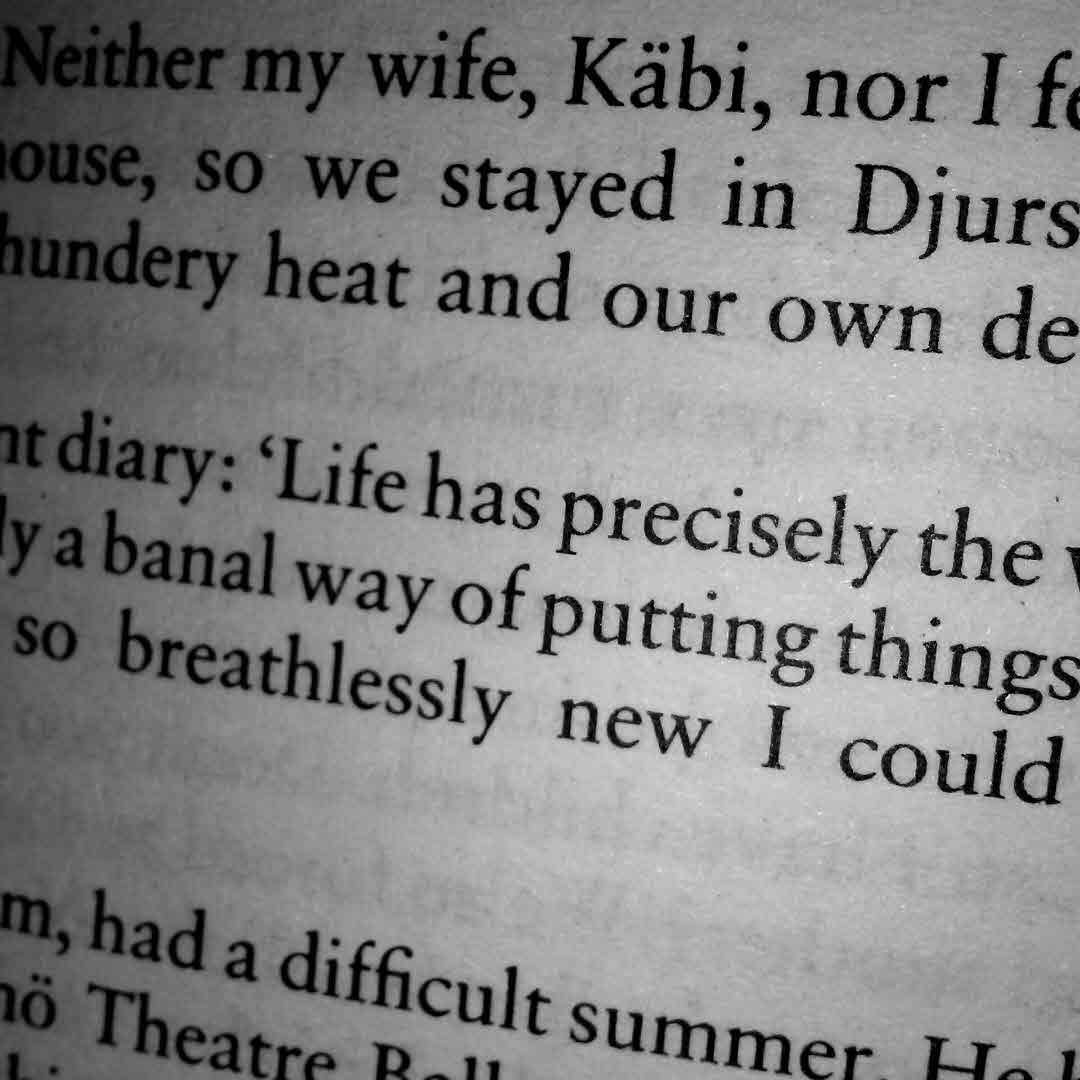
'Life has precisely the value one puts on it.'
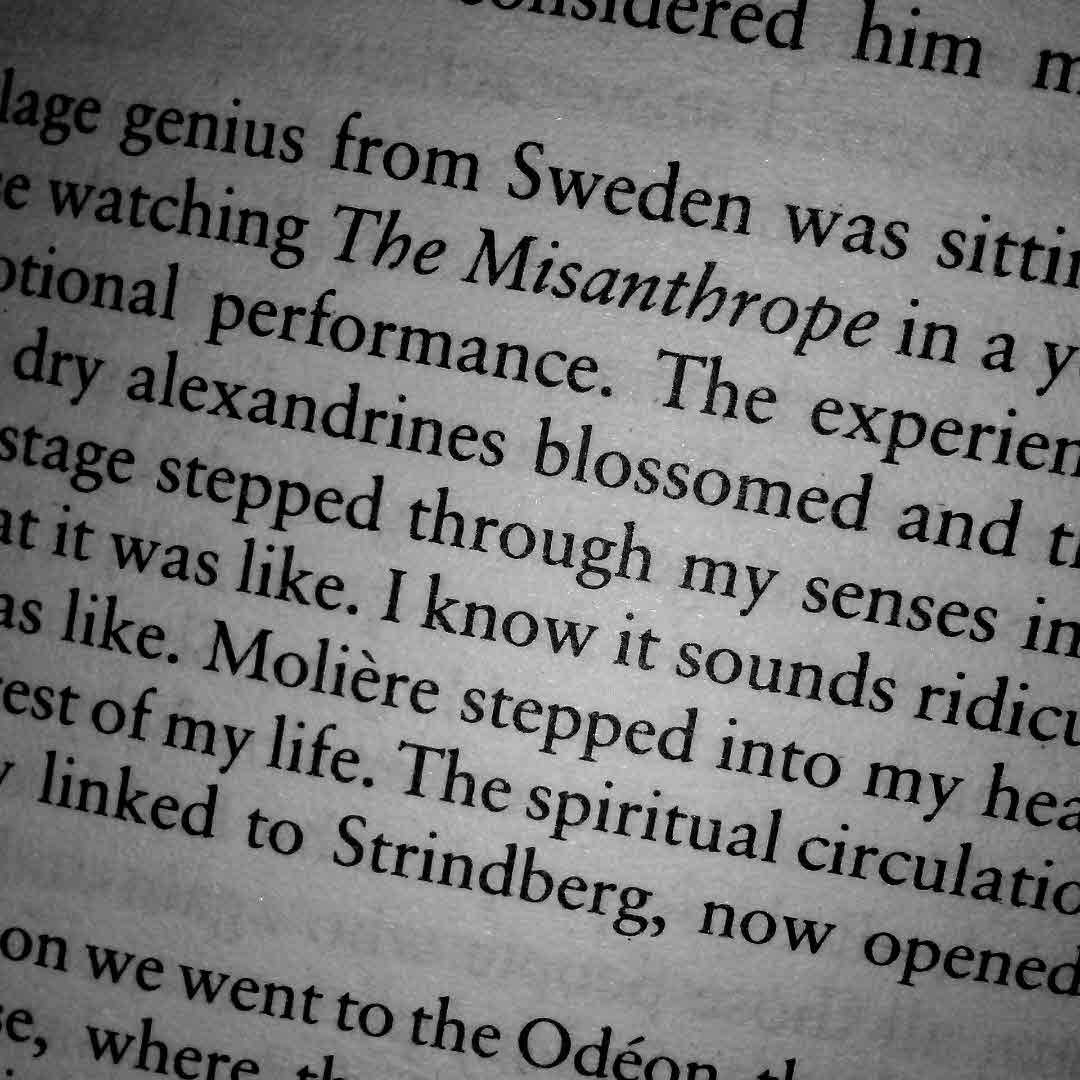
'So now the village genius from Sweden was sitting at the Comédie Française watching The Misanthrope in a youthful, beautiful and emotional performance. The experience was indescribable. The dry alexandrines blossomed and thrived.... Molière stepped into my heart to remain there for the rest of my life. The spiritual circulation of my blood, previously linked to Strindberg, now opened an artery to Molière.'
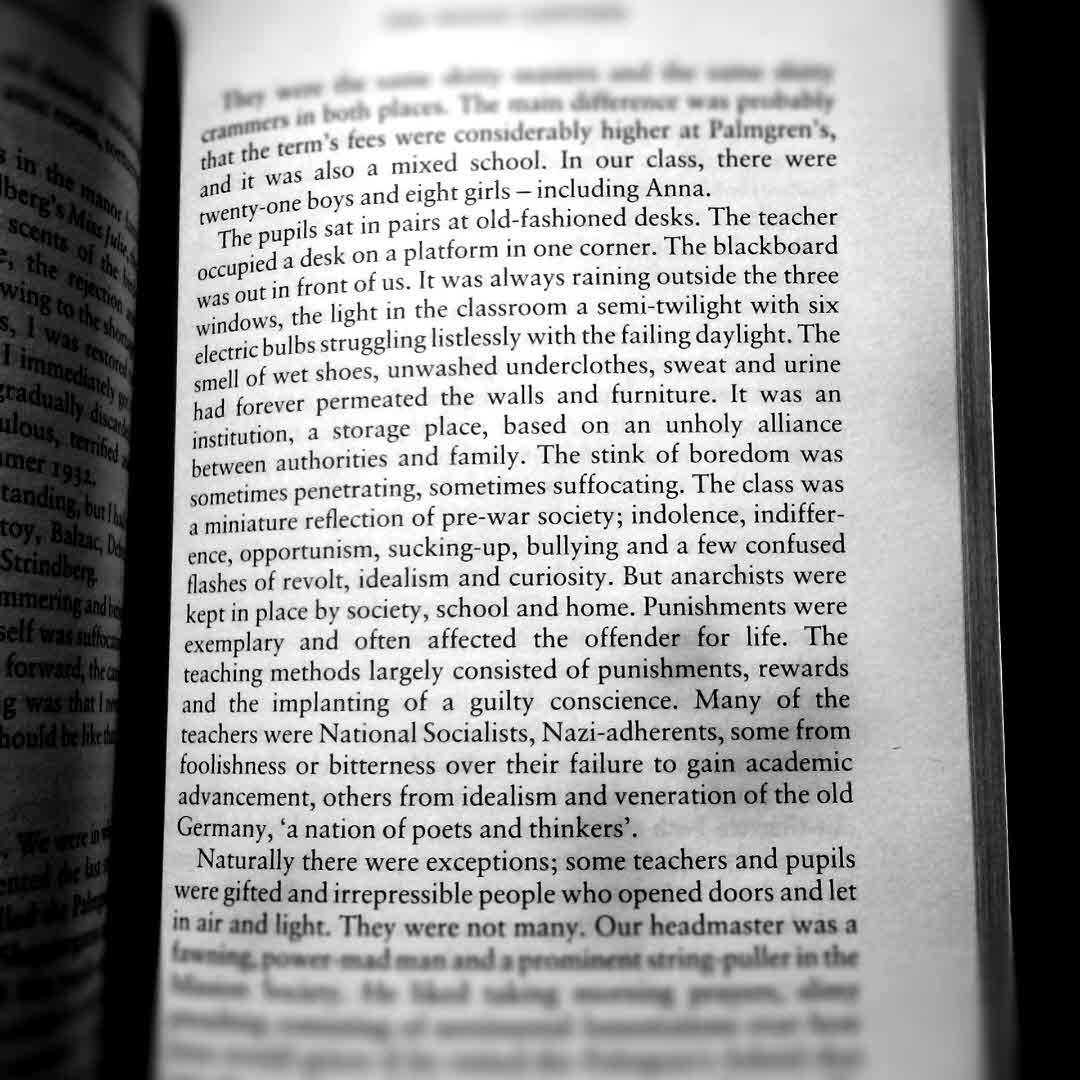
Instantly reminded me of Michael Haneke's film Das weiße Band (The White Ribbon), which to me has always seemed Bergmanesque.
https://en.m.wikipedia.org/wiki/The_White_Ribbon
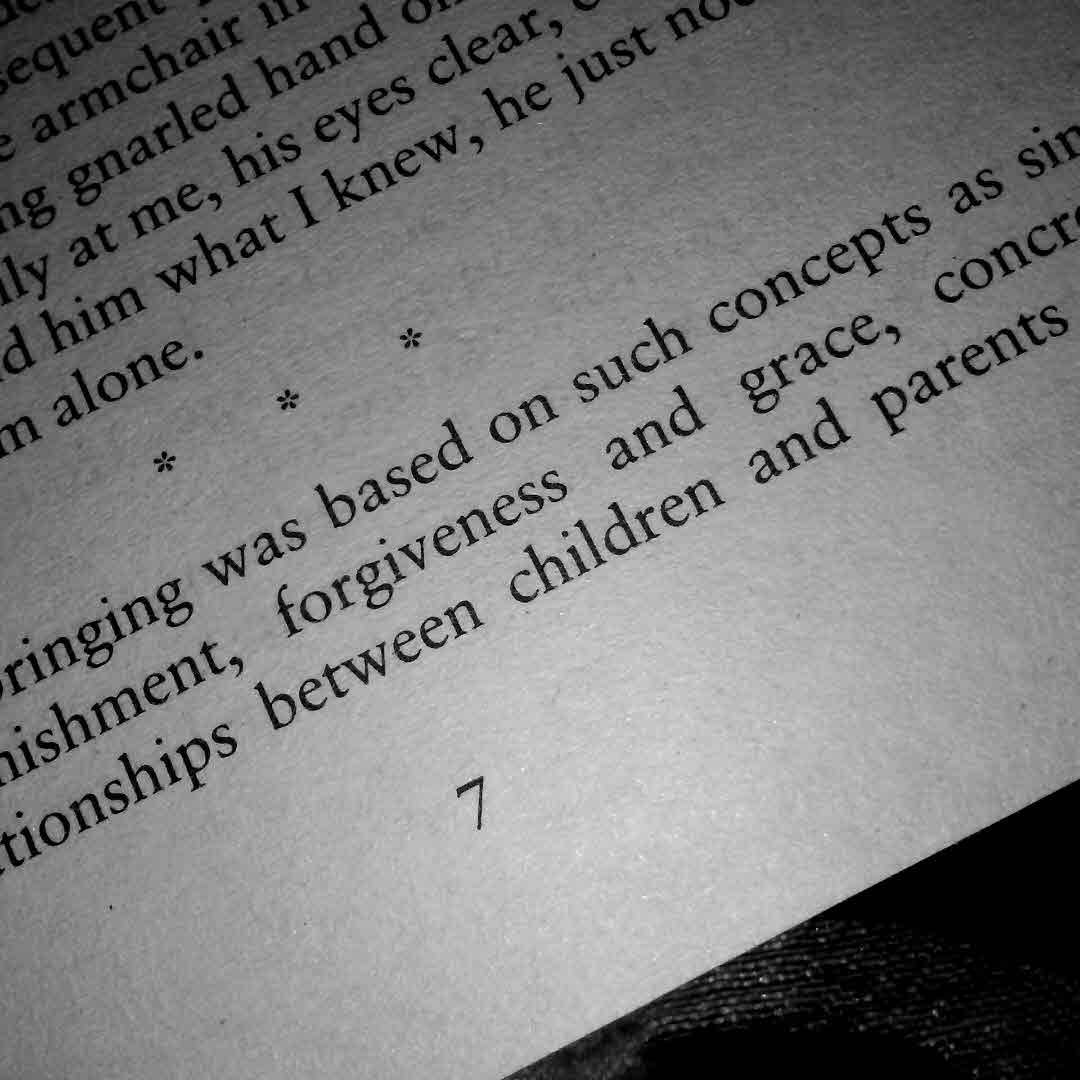
'Most of our upbringing was based on such concepts as sin, confession, punishment, forgiveness and grace, concrete factors in relationships between children and parents and God. There was an innate logic in all this which we accepted and thought we understood.... So punishments were something self-evident, never questioned. They could be swift and simple... but they could could also be extremely sophisticated, refined through generations.'
I'm planning, you see, to try to confine myself to the truth. That's hard for an old, inveterate fantasy martyr and liar who has never hesitated to give truth the form he felt the occasion demanded.